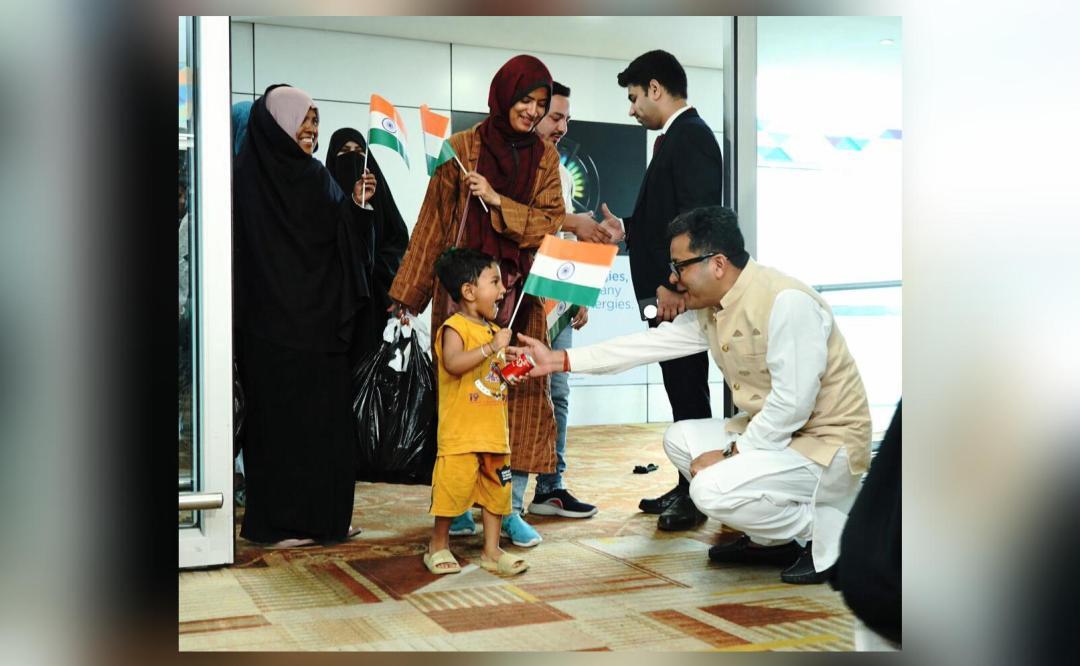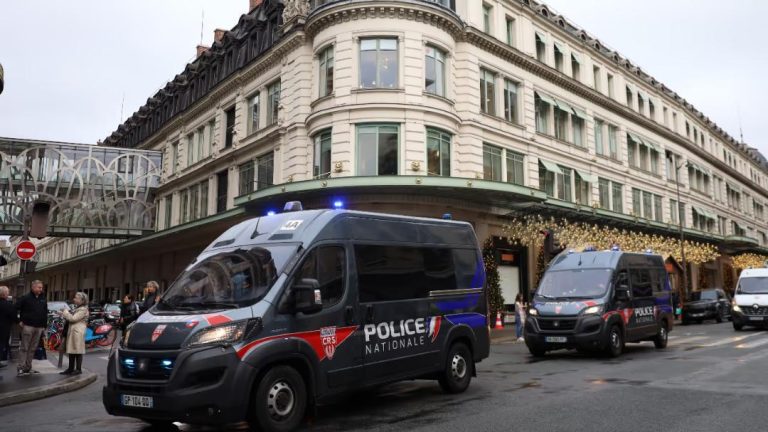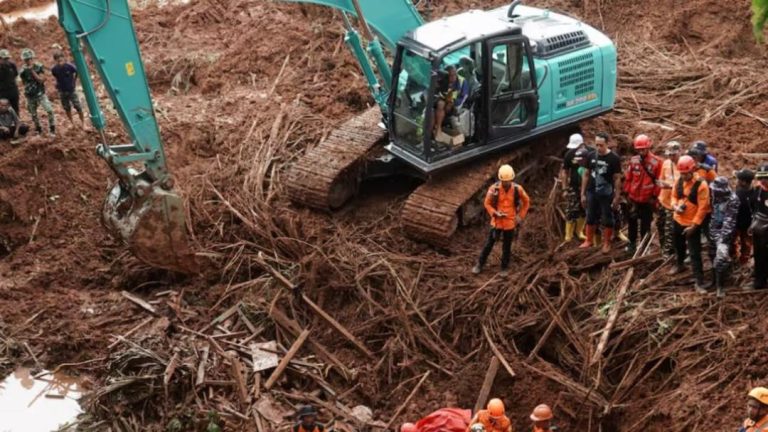
Indian Govt Evacuates Indian, Sri Lankan & Nepalese Nationals from Iran
In a swift and timely move, the Indian government has successfully evacuated a total of 286 nationals from Iran, including 281 Indians, 3 Sri Lankans, and 2 Nepalese citizens, amid the ongoing conflict in the war-hit country. The evacuation operation, codenamed “Operation Sindhu”, is a testament to the Indian government’s commitment to ensuring the safety and well-being of its citizens abroad.
According to a statement made by the Ministry of External Affairs (MEA) spokesperson Randhir Jaiswal, a special flight from Mashhad, a city in Iran, landed in New Delhi on June 24th at 1500 hours, carrying the evacuees. This latest evacuation operation brings the total number of Indian nationals evacuated from Iran under Operation Sindhu to 2576.
The evacuation process was carried out in a coordinated effort between the Indian government, its diplomatic missions in Iran, and the Iranian authorities. The Indian Embassy in Tehran played a crucial role in facilitating the evacuation, working closely with the Iranian government to ensure the safe passage of Indian nationals to the evacuation point.
The evacuated nationals were reportedly provided with necessary assistance, including food, water, and medical care, during their journey from Iran to India. Upon arrival in New Delhi, they were taken to a quarantine facility for further medical screening and processing.
The Indian government’s efforts to evacuate its citizens from conflict zones are well-documented. In recent years, India has successfully evacuated thousands of its nationals from crisis-hit regions, including Yemen, Libya, and Iraq. The government’s swift response to the crisis in Iran is a testament to its commitment to protecting the interests and well-being of Indian citizens abroad.
The evacuation operation comes as Iran continues to face widespread protests and clashes, following the death of influential Iranian military commander Qasem Soleimani in a US drone strike on January 3rd. The situation has escalated in recent weeks, with reports of rockets being fired at US military bases in Iraq and a devastating explosion at a military parade in Tehran.
The Indian government’s decision to evacuate its nationals from Iran is a prudent move, considering the volatile situation on the ground. The evacuation operation is a reflection of India’s commitment to ensuring the safety and security of its citizens, wherever they may be.
It is worth noting that the Indian government’s efforts to evacuate its nationals from Iran are not limited to this operation. In addition to Operation Sindhu, the Indian Embassy in Tehran has been working closely with local authorities to facilitate the evacuation of Indian nationals from other parts of the country.
The evacuation operation has also highlighted the strong diplomatic ties between India and Iran. Despite the current tensions between the two countries, India has continued to maintain a strong presence in Iran, with a significant number of Indian businesses and expatriates operating in the country.
In conclusion, the Indian government’s evacuation of Indian, Sri Lankan, and Nepalese nationals from Iran is a significant achievement, demonstrating its commitment to protecting its citizens abroad. The operation is a testament to the government’s ability to respond swiftly and effectively to crisis situations, and its dedication to ensuring the safety and well-being of Indian nationals wherever they may be.






